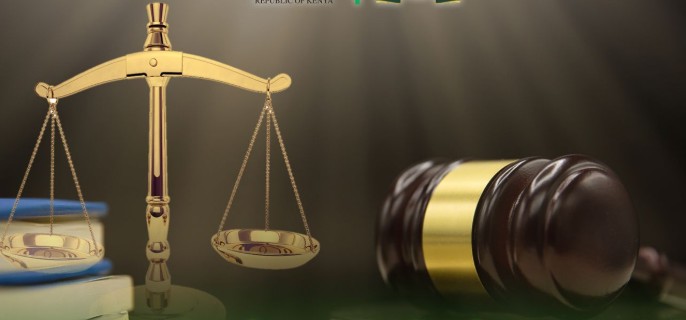Six protesters awarded Sh15 million in appeal over 1992 police brutality

Their case was initially dismissed by the High Court in 2017, with the judge ruling that there was insufficient evidence to prove pain and suffering.
Six individuals who were unlawfully arrested and assaulted by police officers during protests in 1992 against the excesses of former president Daniel Arap Moi’s regime have been granted Sh15 million in damages.
The Court of Appeal ruled on Friday that their rights and freedoms had been severely violated by government security agencies during the crackdown.
More To Read
- Kanja admits police could have done better in handling Gen Z protests, advocates for training
- Gen Z protests in Kenya: Key facts (2024-2025)
- Amnesty report shows at least 128 killed, 3,000 arrested in 2024–2025 Gen Z protests
- Court rules Dutch national Elwin Ter Horst unfit to stand trial
- Court recommends murder charges against three officers over 2022 Masimba killings
- Kigame seeks court nod for private prosecutions over 2024–2025 protest abuses
The victims, Irene Wambui, Gladys Thitu, Josphat Mbugua, Francis Ndegwa, Teresiah Njuguna, and Mary Njoroge, will each receive Sh2.5 million as compensation.
The ruling was delivered by Justices Daniel Musinga, Francis Tuiyott and George Odunga, who concluded that the protesters had suffered severe mistreatment at the hands of the General Service Unit (GSU) officers.
The six had taken to the streets in 1992 to demand the release of 54 political prisoners, including former assistant minister Koigi Wamwere.
They gathered at Uhuru Park’s Freedom Corner in Nairobi for a peaceful demonstration, only to be met with a violent police response.
Brutally beaten
In their petition filed in 2013, they recounted how they were brutally beaten and teargassed despite being unarmed.
Their case was initially dismissed by the High Court in 2017, with the judge ruling that there was insufficient evidence to prove pain and suffering.
The High Court had also determined that being slapped, kicked and beaten did not constitute torture.
However, the appeals court overturned that decision, affirming that their treatment represented a grave violation of their constitutional rights.
The protesters, who carried only clothes, blankets, water, copies of the Bible, hymn books and a tent donated by well-wishers, maintained that they were exercising their right to peaceful assembly.
The ruling by the Court of Appeal now acknowledges the harm inflicted on them and holds the state accountable for the abuse they endured.
Top Stories Today













































